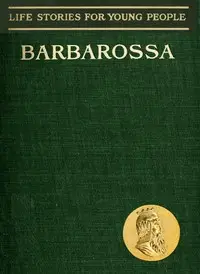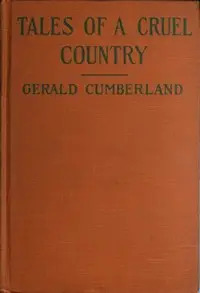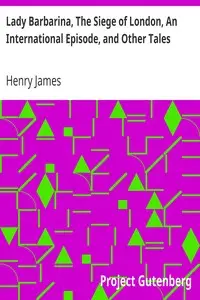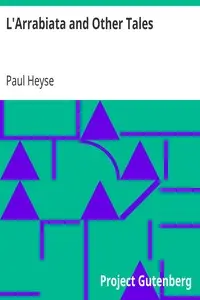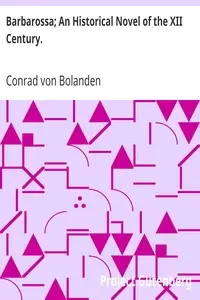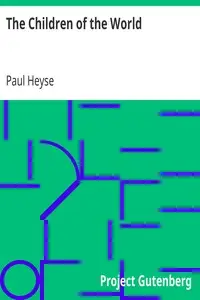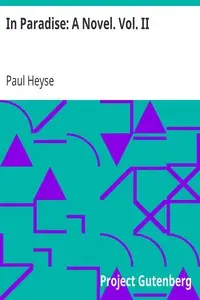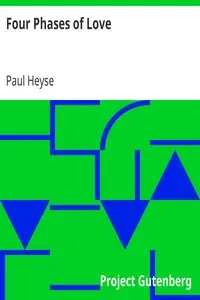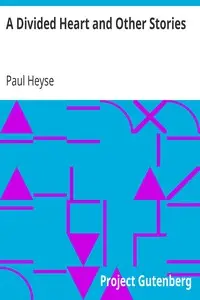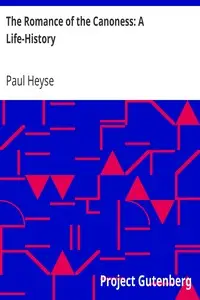"Barbarossa, and Other Tales" by Paul Heyse is a compilation of stories that starts with Erminia, a beautiful young woman in an Italian village ensnared in a knot of love, envy, and destiny. The writing suggests deep topics like wanting something badly, sad events, and how tricky people can be. The initial story introduces a narrator who remembers being alone in a quiet village and meeting Fra Angelico, a pharmacist who is sad and writes poems about his lost love, Erminia. She is described as lovely and free-spirited, with two men, Domenico (nicknamed Barbarossa) and a Swedish captain named Gustavo, both wanting her attention. This sets the stage for a story full of drama, showing how love, jealousy, and lies can lead to a heartbreaking end.
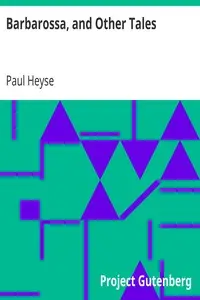
Barbarossa, and Other Tales
By Paul Heyse
In a world of Italian villages and Sabine mountains, a maiden's beauty ignites a tragic firestorm of unrequited love and deadly jealousy.
Summary
About the AuthorPaul Johann Ludwig von Heyse was a German writer and translator. A member of two important literary societies, the Tunnel über der Spree in Berlin and Die Krokodile in Munich, he wrote novels, poetry, 177 short stories, and about sixty dramas. The sum of Heyse's many and varied productions made him a dominant figure among German men of letters. He was awarded the 1910 Nobel Prize in Literature "as a tribute to the consummate artistry, permeated with idealism, which he has demonstrated during his long productive career as a lyric poet, dramatist, novelist and writer of world-renowned short stories." Wirsen, one of the Nobel judges, said that "Germany has not had a greater literary genius since Goethe." Heyse is the fifth oldest laureate in literature, after Alice Munro, Jaroslav Seifert, Theodor Mommsen and Doris Lessing.
Paul Johann Ludwig von Heyse was a German writer and translator. A member of two important literary societies, the Tunnel über der Spree in Berlin and Die Krokodile in Munich, he wrote novels, poetry, 177 short stories, and about sixty dramas. The sum of Heyse's many and varied productions made him a dominant figure among German men of letters. He was awarded the 1910 Nobel Prize in Literature "as a tribute to the consummate artistry, permeated with idealism, which he has demonstrated during his long productive career as a lyric poet, dramatist, novelist and writer of world-renowned short stories." Wirsen, one of the Nobel judges, said that "Germany has not had a greater literary genius since Goethe." Heyse is the fifth oldest laureate in literature, after Alice Munro, Jaroslav Seifert, Theodor Mommsen and Doris Lessing.


